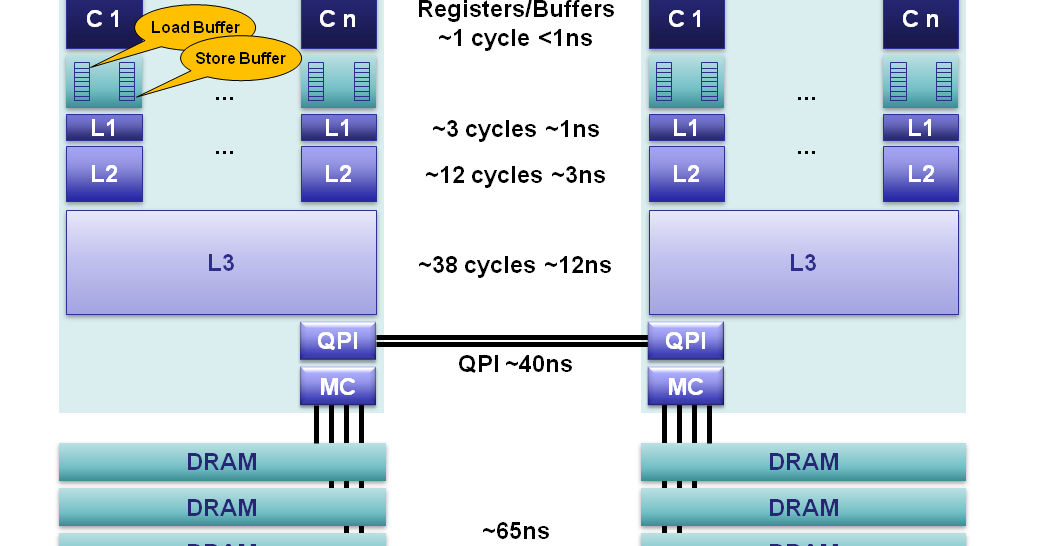TheLAWNoob
Limp Gawd
- Joined
- Jan 10, 2016
- Messages
- 330
Currently have a 4.5Ghz i5 6600K. I got it for DayZ, but now I moved onto better optimized games.
I have my eyes on a $400 16 core 2.3Ghz (all core turbo) Broardwell CPU. 1P mobo will be $300 after tax, and 2P will be $500 after tax. 1P setup should match the i7 6950X in multithread.
Will 2.3Ghz Broardwell be good enough for most of the recent games? I have a 60Hz 4k Freesync monitor.
I'm considering the switch because I might need to render Solidworks videos for next September.
Also, will a 2P system be worth it for the bragging rights? I will be working as an intern full time for 8 month starting from Januaray, and I only need to pay for gas and auto insurance.
I have my eyes on a $400 16 core 2.3Ghz (all core turbo) Broardwell CPU. 1P mobo will be $300 after tax, and 2P will be $500 after tax. 1P setup should match the i7 6950X in multithread.
Will 2.3Ghz Broardwell be good enough for most of the recent games? I have a 60Hz 4k Freesync monitor.
I'm considering the switch because I might need to render Solidworks videos for next September.
Also, will a 2P system be worth it for the bragging rights? I will be working as an intern full time for 8 month starting from Januaray, and I only need to pay for gas and auto insurance.
![[H]ard|Forum](/styles/hardforum/xenforo/logo_dark.png)


